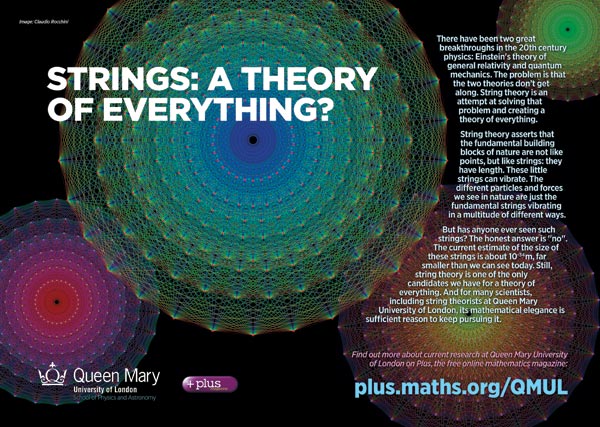Many indeed. Sprawl is characterize by the Eisenhower years and the economic expansion found post-world war two, although we see many incidents of sprawl throughout american and global history: the deforestation of France and Germany during the Middle Ages, the colonial ventures in the Early Modern Period, the expansion of the railroads in the 1800s, the New Deal under FDR, and the suburban construction projects and interstate highway system build by Eisenhower are just a few examples. Why must we grow out when growing up is perfectly fine? Could we claim the the pressures of overpopulation and the traumas of modernity have put a strain on people's need for privacy and in doing so have encouraged a desire to build a house outside the population dense zones of cities, into the suburbs. "Sprawl affects not only planetary health of social and individual health as well." (Roberston, 2014) This is true in more ways than one, but what major problems faced with sprawl is increased obesity. By localizing, towns and people can build municipal areas more likely to be helpful for the individual across the board. This would drastically reduce VMTs that greatly increase the amount of carbon emissions we have, consequently, been emitting. This requires new ways to plan cities. I don't think many citizens would disagree with the statement: "most cities in the USA can use a re-planning and rebuilding project. This means, as Robertson says, cities must plan their cities using the "Five Ds: density, diversity, design, destination accessibility, and distance to travel" (Robertson, 2014). My one concern however is the tensions that grow between people in overly dense, regulated environments. Think about the regimes in charge of Rwanda leading up to the Genoce: highly regulated, locally planned, and extremely dense population. Although the massacres did not seem to be related to overpopulation and was driven by ethnic and racial hatred between the Tutsis and Hutus, the environment must've had some effect on the outcome of the gruesome events to happen in 1994. My last concern is that these newly planned cities will encourage a less active lifestyle in international relations, which means the global disasters may be less readily stoppable or we may be less able to act if focusing on regional life. This scares me... especially with the genocides and human rights violations upon genocides we find in the world in the past and present. I fear that an internal focus may blind the USA and other nations to help countries like Rwanda.

https://nogenocide.ru/post/5

